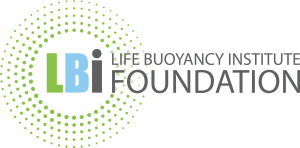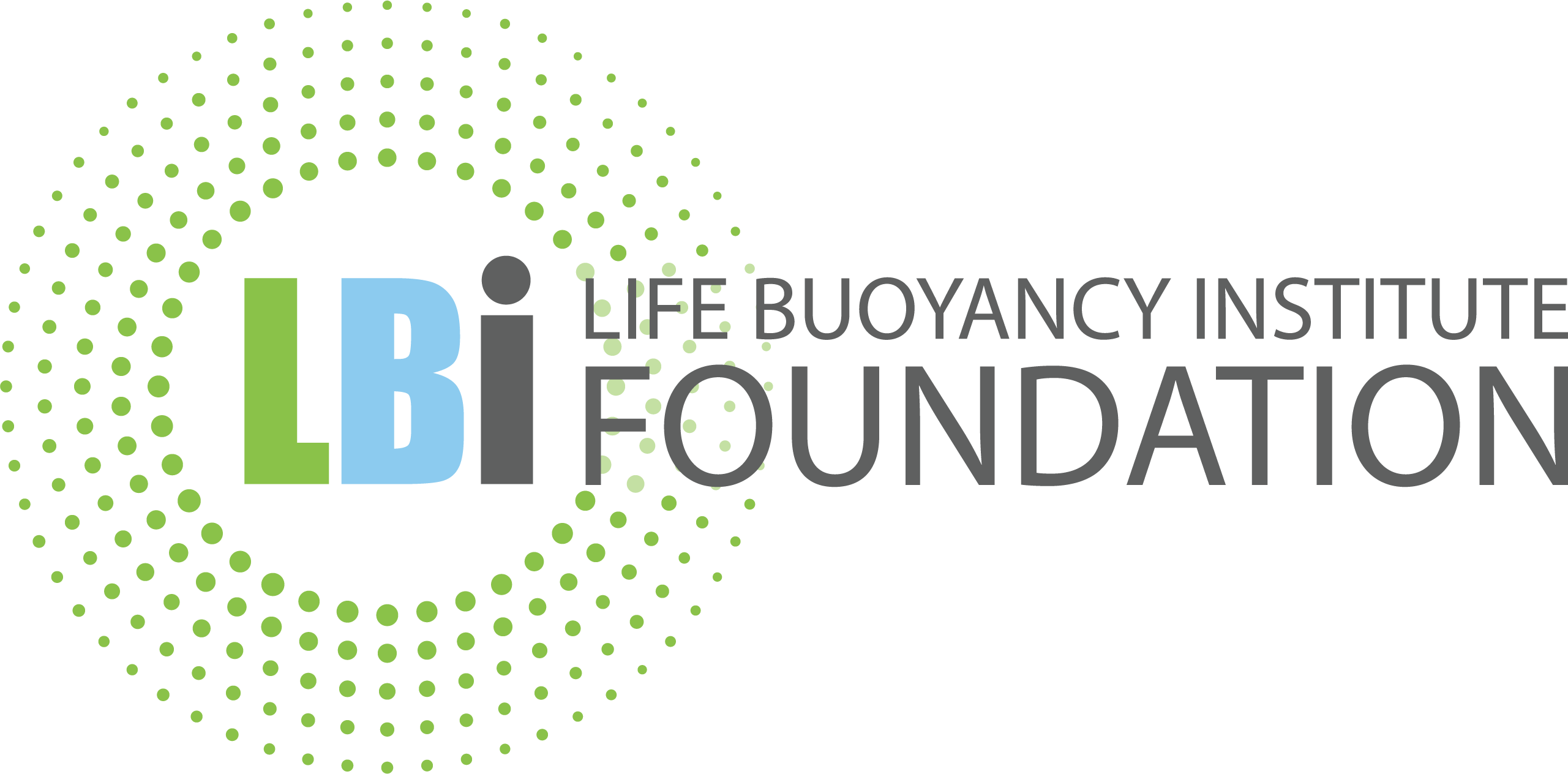Local Implementation Strategy
To Build a Wellbeing and Trauma Responsive Educational Community
LBI offer a suite of services to empower schools build wellbeing and trauma responsive educational communities. For further information click here.
Best-practice evidence indicates that meaningful and sustainable outcomes across school communities are most likely to be achieved when strong attention is paid to implementation. Key features of best-practice implementation include:
- There is intentional strategy to inform and guide the capacity building.
- The school leadership team co-construct this strategy, as mapped to desired local outcomes and available school time, energy and resources.
- The strategy is intentionally positioned to “strengthen” and integrate with existing wellbeing and trauma initiatives, rather than replacing what is being done (and just becoming another layer).
- There is a clear communication plan that details the ‘why’ behind the capacity building.
- The capacity building is incremental in nature, and scaffolds upon previous layers in an logical and intentional manner, and occurs over a sufficient period of time (e.g., 1-3 years) to support sustainable growth.
- The capacity building is designed to span the “system” (whole-of-school) to the “moment” (or moment-to-moment teaching and support).
This evidence underpins Resilient IMPACT.

Collaboration, integration, shared intent and empowerment are drivers of best-practice implementation.
Resilient IMPACT
Implementation Strategy Made Practical Through a Logic Model
To deliver outcomes contextualised to the local school community, LBI Foundation has developed and refined the Resilient IMPACT implementation strategy. This brings focus to building capacity at two levels:
- System – whole-of-school positioning and wellbeing framework.
- Moment-to-moment – translating the science of wellbeing, trauma and growth through intentional teaching and support processes
To bring integration and cohesiveness to both two levels, Resilient IMPACT draws upon the public approach and set of methods of intentional practice, as made practical and translatable through the IMPACT Program.
The strategy been developed and refined from:
- Consolidation of best-practice evidence on implementing school-based wellbeing and trauma initiatives (click here).
- Ongoing feedback and insights from partner schools and communities (click here).
Program evaluations and research (click here).
Resilient IMPACT is made practical through a logic model which details the short-, medium- and long-term outcomes, and seven core components foundational to the delivery of the co-designed outcomes.
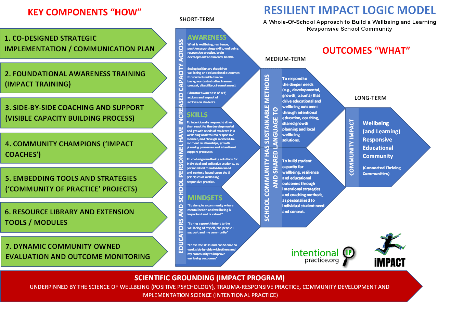
The Resilient IMPACT logic model is provided to the school community at the initiation of the capacity building.
These seven components are personalised and made practical for the school community through an implementation strategy co-designed with the leadership team.
Seven Core Components of Resilient IMPACT
1. Local Framework, Strategy, Positioning and Implementation Plan
2. Foundational Awareness Raising (IMPACT Training)
3. Side-By-Side Coaching and Support
4. Community Champions (IMPACT Coaches)
5. Embedding Tools and Strategies (Wellbeing Projects and/or Community of Practice)
6. Resource Library and Specialist Tools, Modules and Workshops
7. Dynamic Community Owned Evaluation and Implementation Reviews
Scaffolding Growth
"Learn It, Live-It, Apply-It, Coach-It and Train-It" Capacity Building Cycle
Resilient IMPACT acknowledges that school-based capacity building is incremental and can take time.
Resilient IMPACT is founded upon the “Learn-It, Live-It, Apply-It, Coach-It, Train-It” capacity building cycle (a feature of the IMPACT Program). In other words, there is an incremental movement of growth from:
Learn It – school community members learn content on the science of wellbeing, resilience, growth and trauma-responsive practice.
Live It – school community members internalise the content and make sense of it for themselves (in their own language).
Apply It – school community members then apply the content in how they support, teach and grow students.
Coach It – school community members then work to coach the content to the people they support (including students, families and colleagues), through side-by-side and intentional coaching conversations (drawing upon implicit and explicit techniques).
Train It – school community members explicitly train students, families and colleagues in the content (as desired).
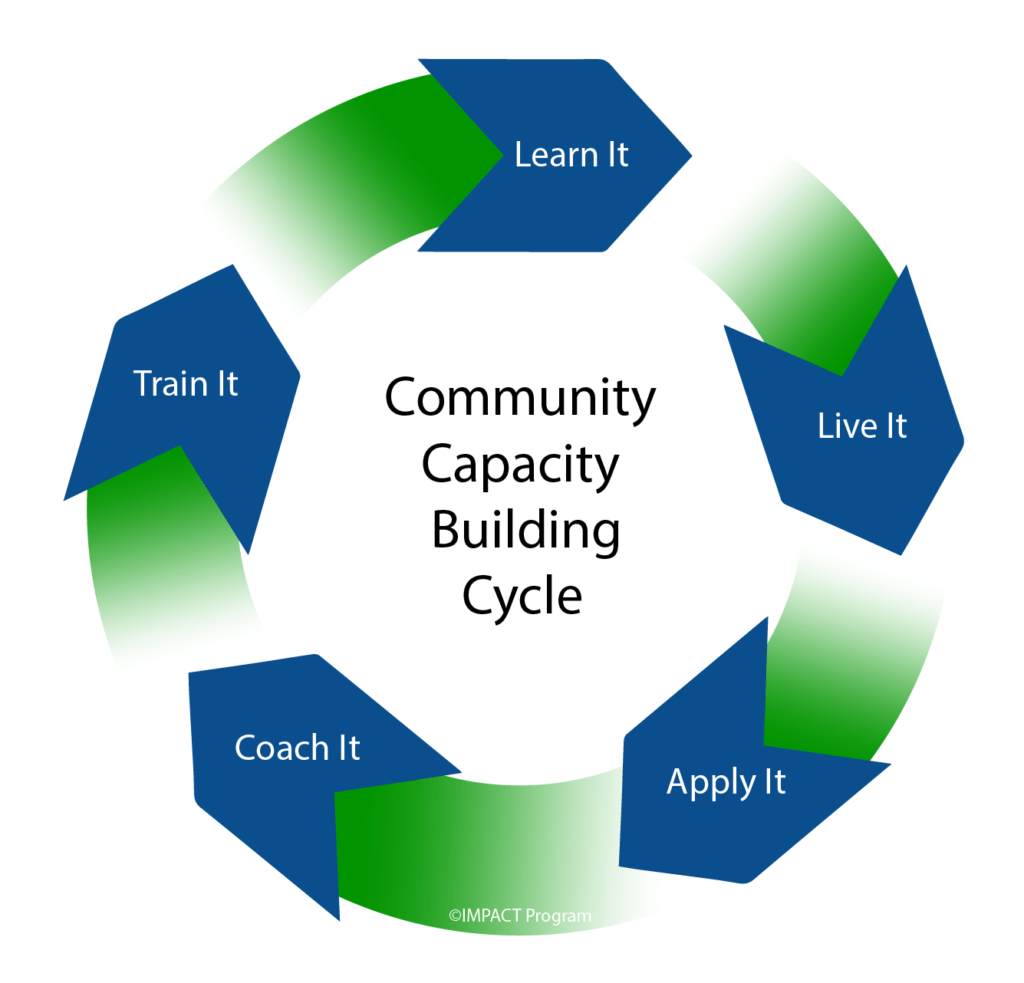
This capacity building cycle guides the intent of LBI Foundation’s capacity building across schools and educational systems. In other words, the focus of early capacity building is on the “learn-it” to “live-it” phases, and then transitioning to “apply-it” to “coach-it” (over a mutually agreed period of time).
Further Information
For further information on the Resilient IMPACT strategy, or how LBI Foundation can support your school community, please contact David Kelly, LBI Foundation’s Education Lead: david.kelly@lbi.org.au
